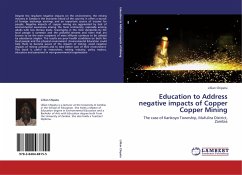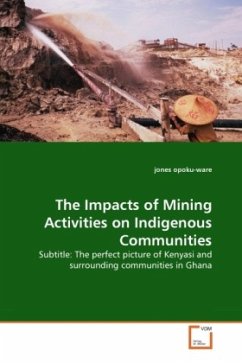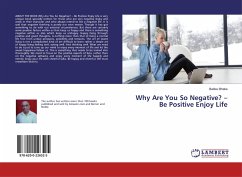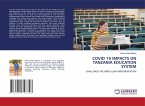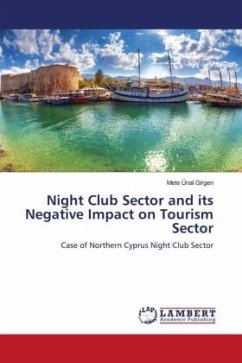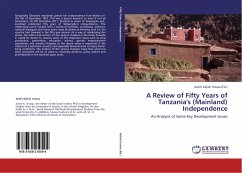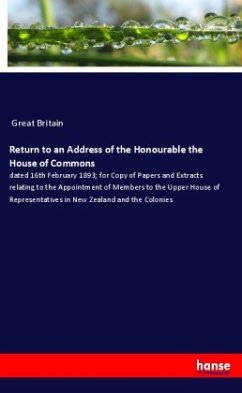Despite the resultant negative impacts on the environment, the mining industry in Zambia is the economic blood of the country. It offers a source of foreign exchange earnings and an important source of income for people. Negative impacts of copper mining are aggravated by lack of environmental awareness among the local community, especially among adults with low literacy levels. Scavenging in the mine dumpsites by the local people is common and the polluted streams and rivers that are known to be the main recipients of mine effluent continue to be utilized by subsistence anglers. The results are poor health conditions on both the local people and the physical environment .Environmental Education could help them to become aware of the impacts of mining, avoid negative impacts of mining activities and to take better care of their environment. This book is useful to researchers, mining industry, policy makers, educators and personnel in non-governmental organisation
Bitte wählen Sie Ihr Anliegen aus.
Rechnungen
Retourenschein anfordern
Bestellstatus
Storno

